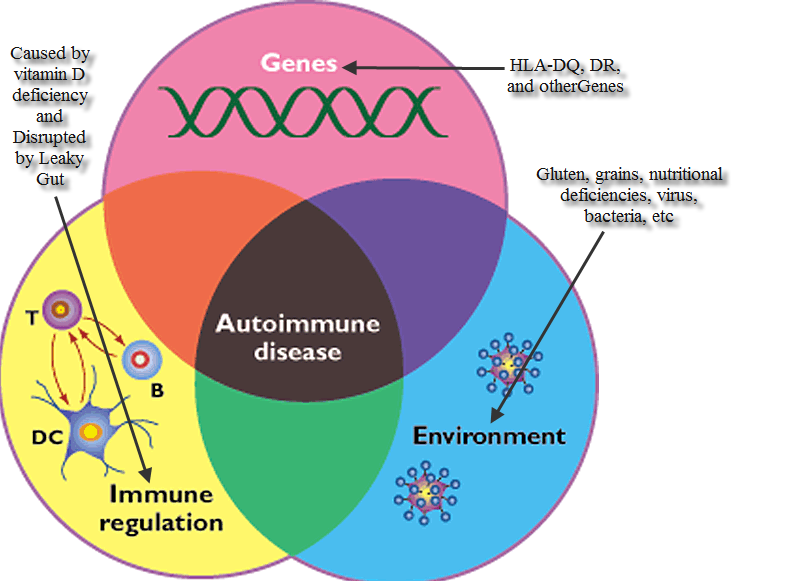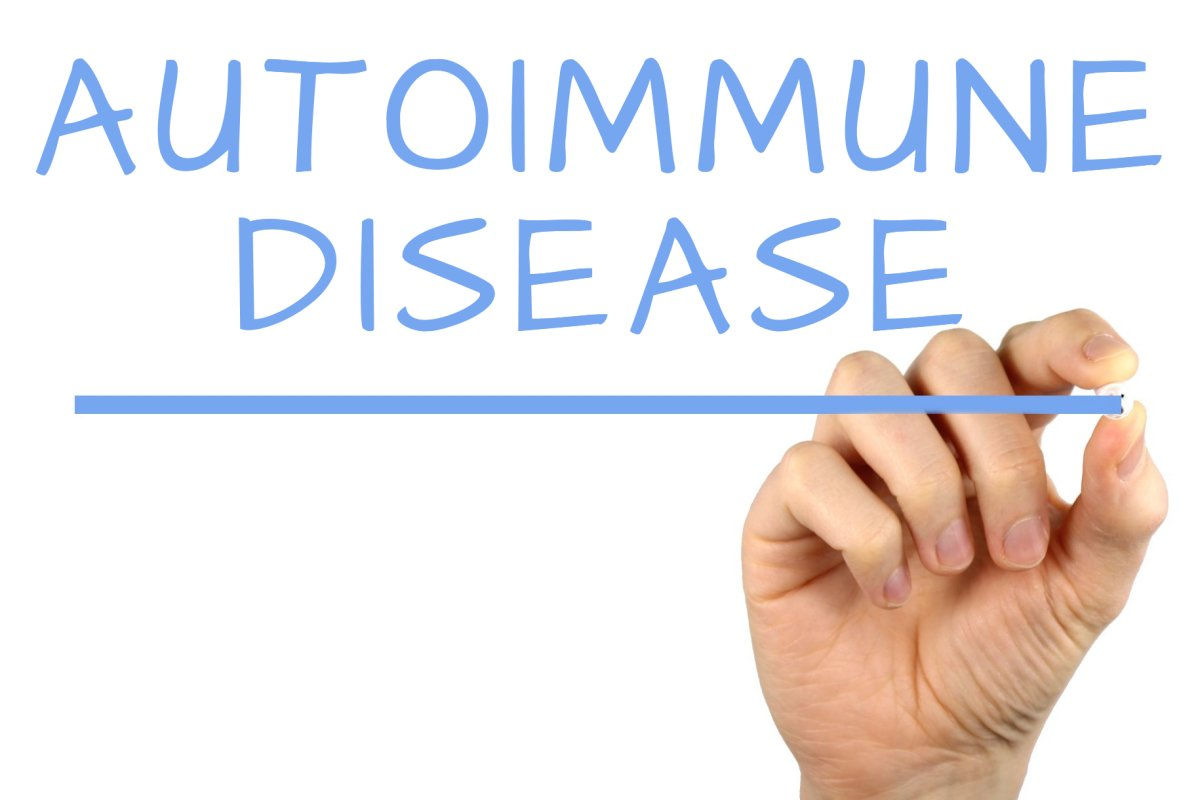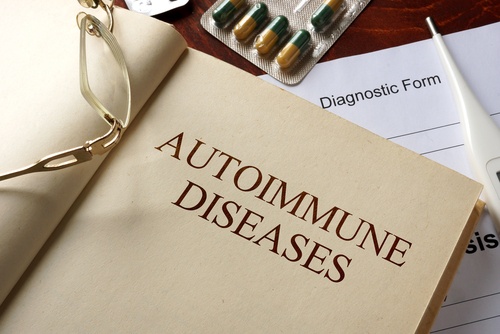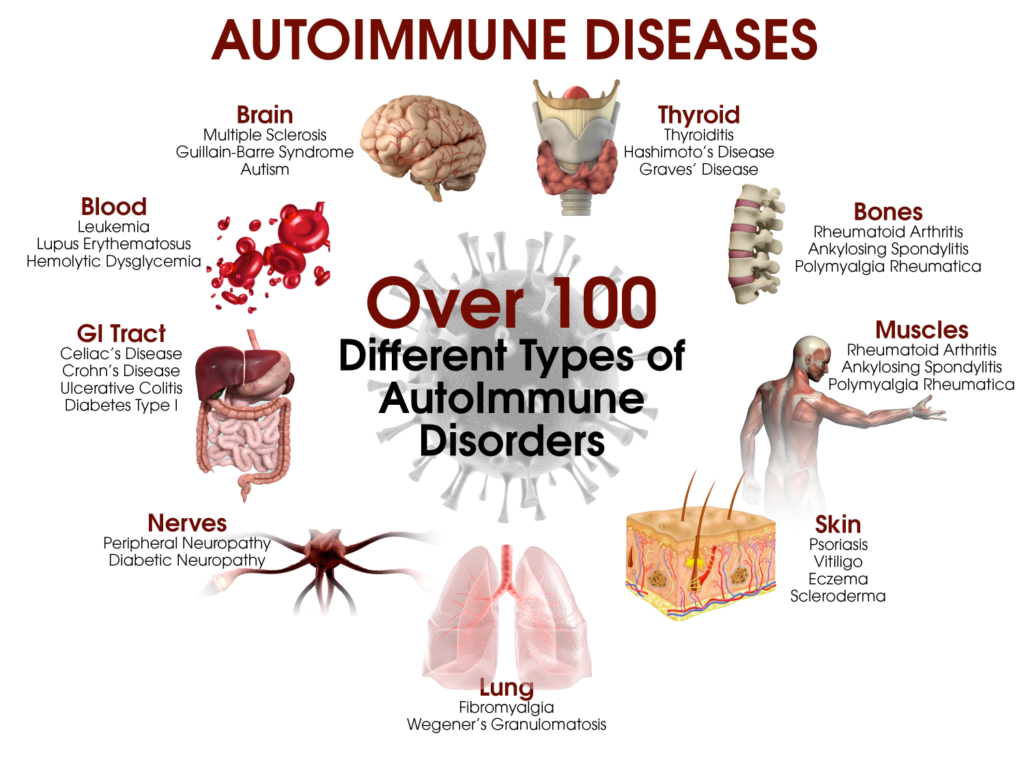Why Getting Diagnosed With Autoimmune Disease Doesn’t Mean The End Of Your Stress
Autoimmune diseases, as you undoubtedly know by now, take forever to get diagnosed. If you consult a specialist regarding the symptoms that keep on coming back at the age of 21, you might only receive a confirmation when you reach 25 or 30 years old. Some people tend to obtain a misdiagnosis as well, especially the illness brings forth other diseases. What happens then is that the problem does not get addressed as a whole.
Nevertheless, a real diagnosis cannot make your stress level go down, for the reasons that:
1. There’s No Cure
Hearing a medical professional say that all your symptoms are because of autoimmune disease does not entail that treating it will now be easy. In reality, there is not even a cure for this kind of condition. The doctors can prescribe multiple drugs to you, but they can merely keep other illnesses from progressing. They cannot make the disease go away.

“For starters, exercise releases endorphins, the body’s “feel-good hormones,” that can calm the mind and relax the body”, said Jenny C. Yip, PsyD, ABPP.
2. Doing Many Physical Activities Will Remain Problematic
According to the individuals who have been diagnosed with autoimmunity, this confirmation solidified the fact that they may never feel 100% energized. You can sleep the entire day; you can relax, eat, and relax. However, before lunch comes the next day, you might become so tired that the complete rest from yesterday did not seem to do anything for you. That is the reason why you may only be able to work for a couple of hours a day or travel short distances alone.
“Keep current about the benefits of exercise and the outdoors and share that information.” – Jennifer Lager, PsyD
3. You Have To Pay Many Doctors
Autoimmune disease tends to stress you out financially as well because you likely need to receive health monitoring from different specialists. You cannot insist on meeting one doctor since autoimmunity does not merely target a single body part. It can affect practically everything, from the bones to the internal organs to the skin. If your kidneys act up first, you have to see a nephrologist. In case you develop arthritis, you have to go to a rheumatologist. As the list of body parts that require medical attention lengthens, so does the bill that you ought to pay for after every check-up.

4. Convincing People About Your Disease Is A Challenge
Telling colleagues and acquaintances that you cannot attend this function or go to that special gathering because your autoimmune illness is on attack mode is not always stress-free either. It is not a common condition, after all, so folks who have never heard about the disease until now might assume that you are only making it up to skip the event. Others may accept that you feel ill, but they might think that you’ll feel better after taking paracetamol or something. It may take a while for such people to realize that your illness is not a product of your imagination.
5. You Cannot Be Independent
Like we’ve mentioned earlier, autoimmunity limits the things you can do physically on your own. Even the simple task of loading and unloading your washing machine at home may be difficult at times; that’s why you might need assistance from your spouse or another family member. Going around the supermarket to get your supplies can be hard as well, so you may have to rely on the delivery service that the local grocery store provides.

Final Thoughts
Autoimmune disease can be stressful to deal and live with – that is for sure. You cannot go anywhere without feeling exhausted. You ought to take a lot of pills every day for various illnesses that you may have contracted due to your immune system turning against you. Nevertheless, take things one step at a time. You will eventually manage to understand your autoimmunity – just don’t expect it to happen as soon as you get the diagnosis.
Take note about what Erin Mendoza, PsyD said: “Self-compassion is not tough love or false hope, but connecting the pain with understanding, curiosity, and a sincere wish for relief based on kindness and love rather than criticism and disgust.”
Autoimmune Diseases That Pose A Threat To Pregnancy

The immune system plays a significant role during pregnancy, protecting the mother against infections and diseases that may harm the fetus. A pregnant woman’s immune system slightly weakens making her prone to coughs, colds, fever, and flu. A pregnant woman can get by with cold and flu, but it is the medicine that is sometimes not good for the baby.
Continue reading “Autoimmune Diseases That Pose A Threat To Pregnancy”
Learning About Autoimmune Disorders

In most cases, a healthy and typical immune system will fight off bacteria, viruses, and infection. However, there are individuals whose immune system doesn’t work the same as this. This condition is called an autoimmune disorder. It is when the immune system recognizes healthy tissues as invaders and attacks them. As a result, this will induce adverse effects to distinct parts of the body.
5 Quick Facts About Autoimmune Disorders

Autoimmune disorders are more common than you might think; yet, many are confused about what it is. To clarify all your questions, here are five quick facts and statistics about Autoimmune disorders.
- Autoimmune disorders are diseases that affect the immune system.
More specifically, the disorder pertains to the immune system’s inability to distinguish healthy cells from the unhealthy. Usually, the immune system tells the antibodies to attack unhealthy cells. But with this disorder, the immune system signals the antibodies to attack the healthy ones by mistake.
Autoimmune Disease: What’s There to Worry?
Did you know that in a human body lies our immune system which is supposed to defend it from foreign bacteria and germs? However, this system sometimes makes a mistake when distinguishing cells and in return, it attacks your own cell. A lot of trouble can build up and hence, an Autoimmune Disease comes in the picture.
What is Autoimmune Disease?

There are a lot of autoimmune disorders. There are at least over a hundred autoimmune diseases as far as studies have been recorded. These conditions, although varying from each other, shows the same symptoms like a headache, fatigue, feeling pain and hotness all over the body.
Continue reading “Autoimmune Disease: What’s There to Worry?”
What You Probably Don’t Know About Autoimmune Diseases

The human body’s immune system was designed to defend the body from infectious foreign attackers such as viruses, bacteria, and the like and keep them from invading our health. However, there are instances when instead of defending it the immune system can mistakenly attack the body.
A normal-functioning immune system will be able to tell the difference between outside invaders from the healthy cells present in the body, but when it malfunctions, the immune system can take some parts of the body, and mistake them for foreign entities. In response, the immune system releases what is called autoantibodies which attack the healthy cells. This condition is also known as the autoimmune disease.
Facts You Should Know

- Diagnosis doesn’t always only take one try before it is confirmed.
It could take multiple tests and diagnostics before the experts can tell what disease your body may have for the reason that the symptoms can vary in different parts of your body, and are not always consistent all throughout.
“How we can best support the nervous system during times of increased stress? (obviously ‘sleep,’ exercising and eating well, but even that doesn’t seem enough) and helping the body recover coming out of a stressful period.” – Julie Bjelland, LMFT
- Although they are not allergies, the symptoms of the disease that appear may be mistaken for allergic reactions.
There have been studies that show that there are genetic linkages to the cause of both allergies and autoimmune disease, and even allergies that may trigger certain conditions, however, the two cases are entirely different from one another.
- There are some cases where the autoimmune disease may target just one organ in your body.
Some common conditions are vasculitis, where the blood vessels are targeted, diabetes, where the pancreas is attacked, and psoriasis, which targets the skin. These are only 3 out of 80 different autoimmune diseases currently known to man.
“When people are depressed, they are not really assessing or learning as well and efficiently.” – Kimberly Smith, PsyD
- Autoimmune diseases can be genetic.
It does not necessarily mean that all family members are going to be affected by the disease, nor does it entail they will have the same type of autoimmune disease given the circumstance that the diagnostics confirm they have one, but they inherit the chances of getting the condition.
- Some ethnic groups are more vulnerable to certain autoimmune diseases than others.
Specific genetic factors may have a significant effect on the way the body reacts to different problems; some ethnic groups are more likely to be affected by particular diseases than others. Lupus, for example, is more common among African-Americans and Hispanics than it is among Caucasians.
- You can reverse your autoimmune disease.

“Autoimmune disorders-related healthcare costs amount to approximately $100 billion.” – Tori Rodriguez, MA, LPC
Many factors can cause an autoimmune disease, and genetics is one of them. With technology present today, it is possible for genes to be modified. Apart from your genes, your immune system can also be affected by diet, environment or personal circumstances. By making necessary changes and applying the proper care, you can reverse your bad genes, and restore a healthy immune system.
It is always essential to be knowledgeable and aware of how our bodies work. Although we hope that we never fall victim to such diseases, it is useful information to have come the time when such circumstances occur to us.
